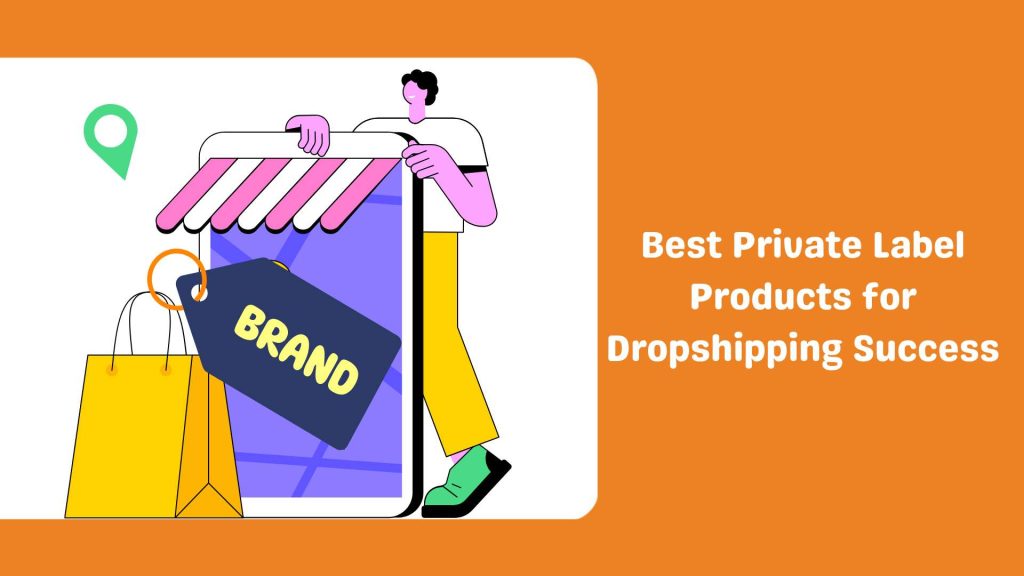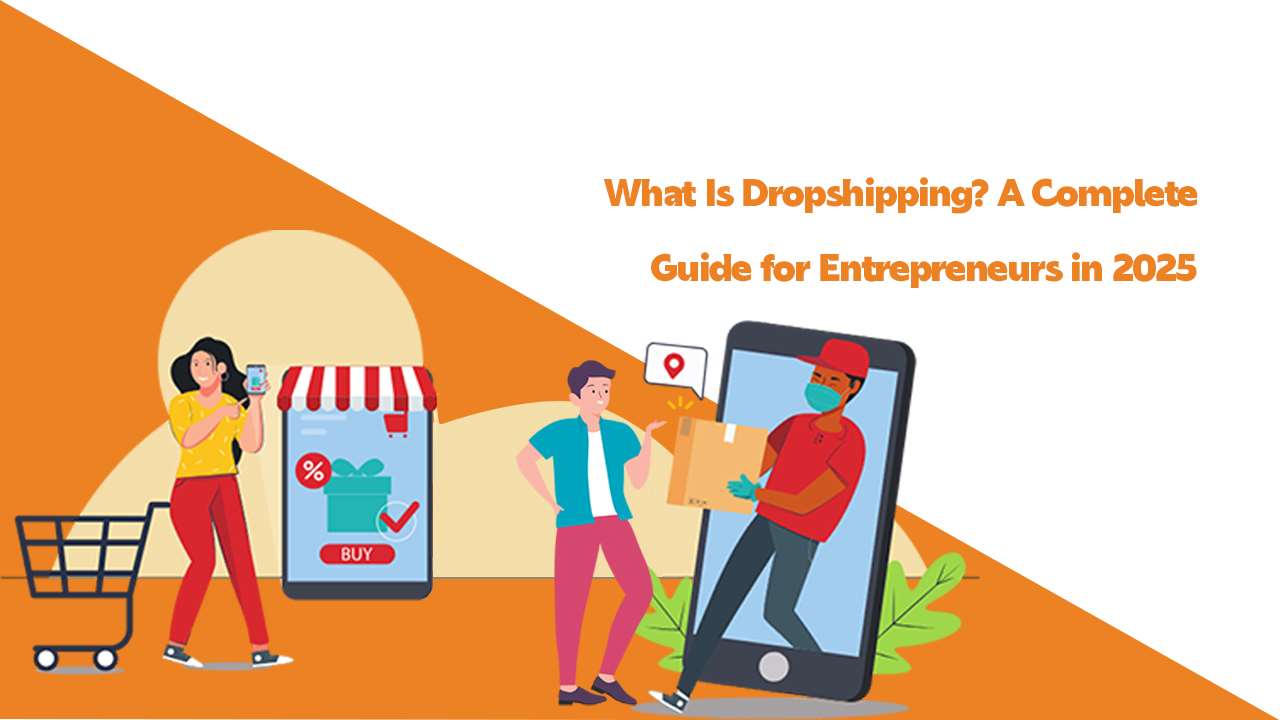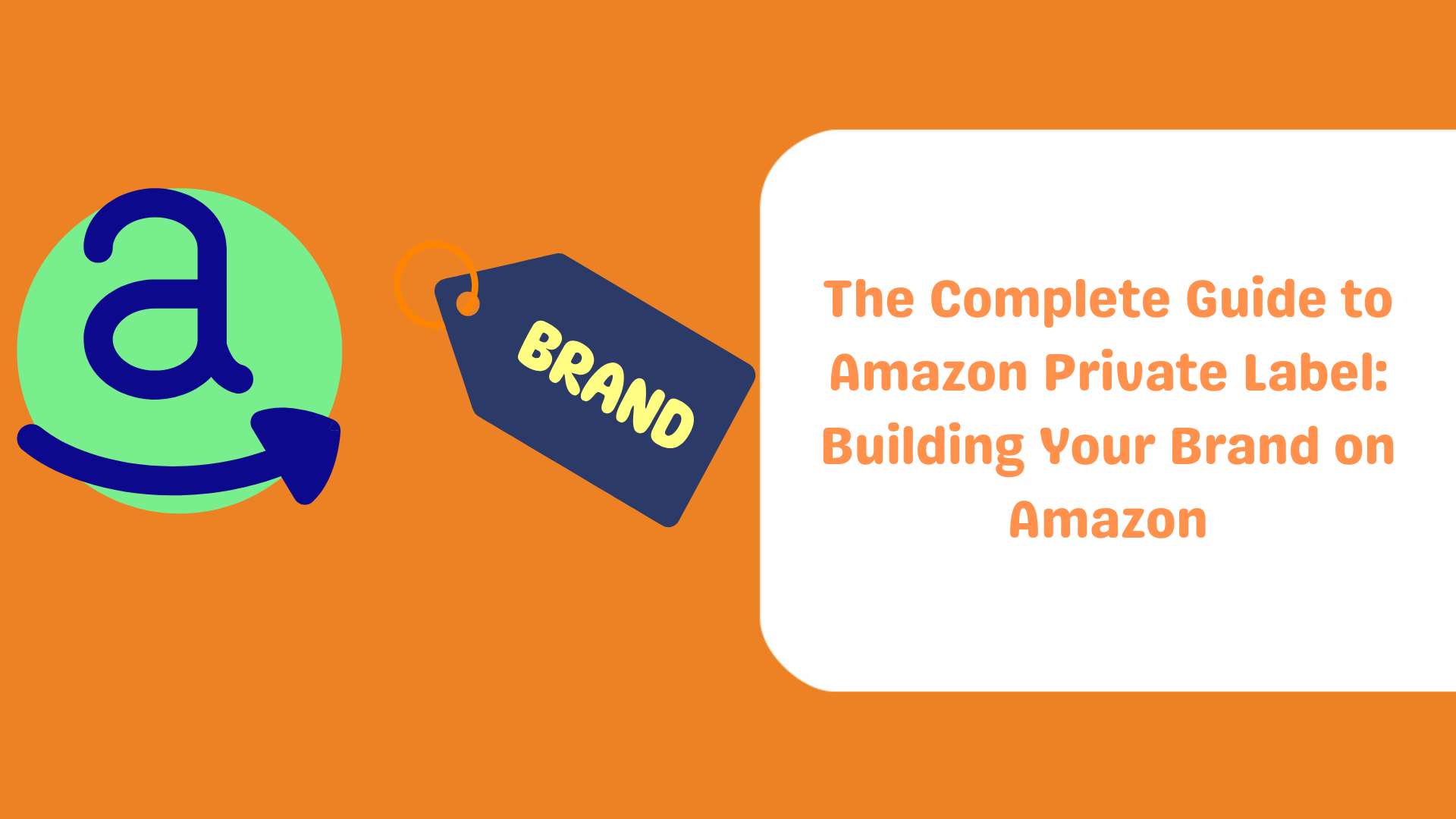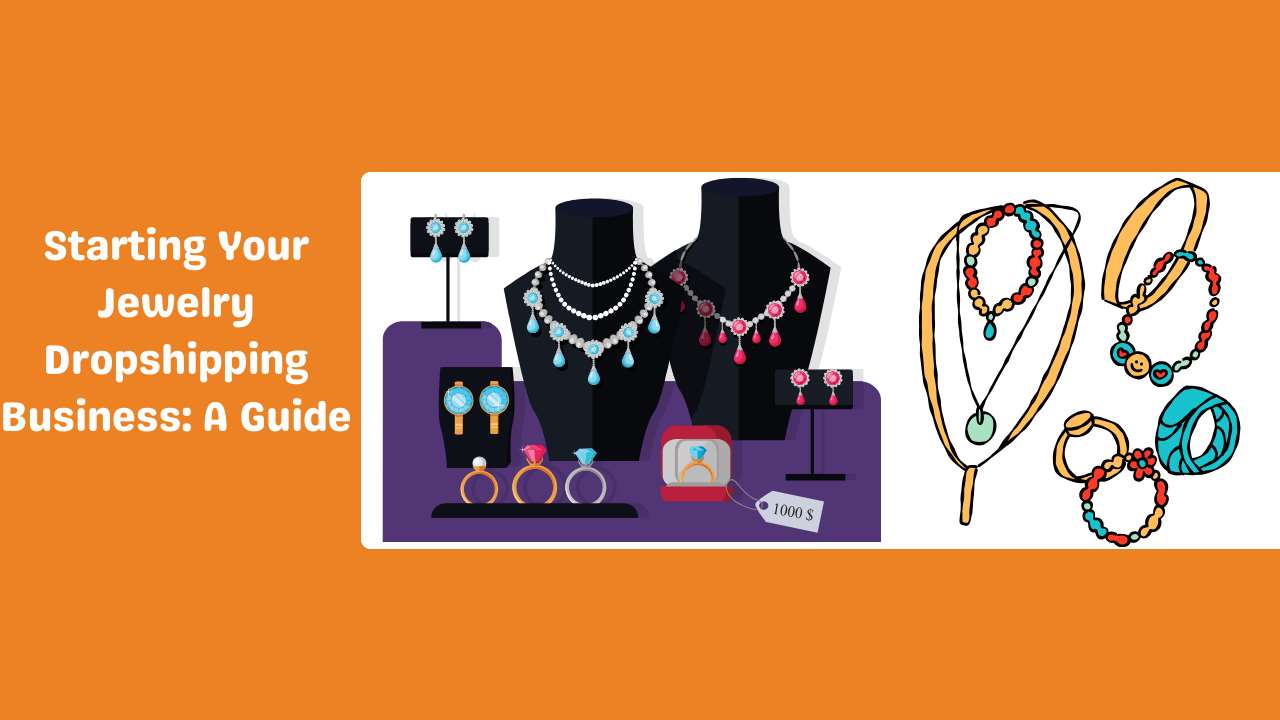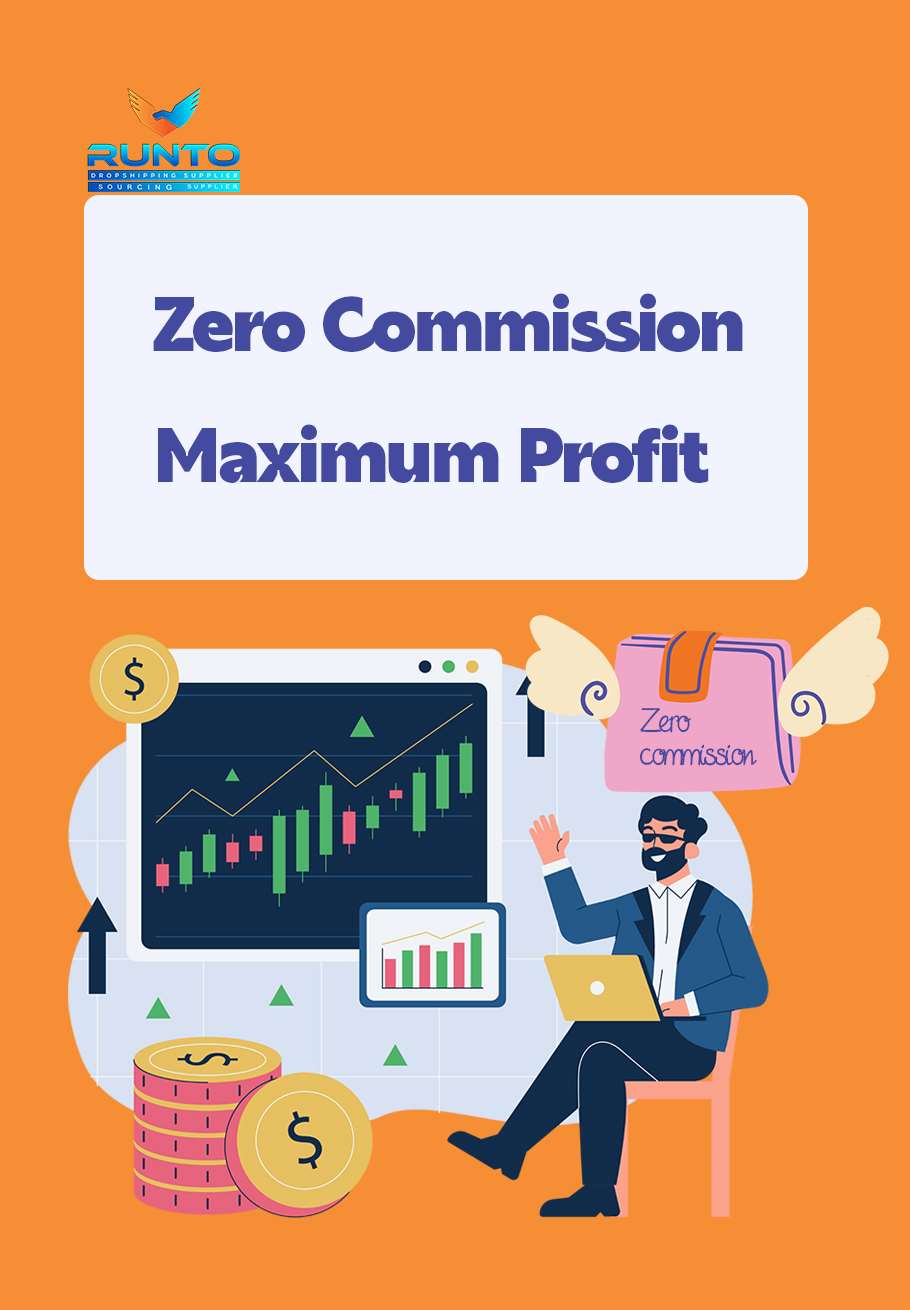Navigating the world of dropshipping can feel overwhelming, especially when it comes to selecting the right products. This article, titled “Best Private Label Products for Dropshipping Success,” aims to guide you through the intricacies of private labeling in the dropshipping space. Understanding the best branded products to sell effectively not only enhances your business model but also positions you for long-term profitability. We’ll delve into key aspects of selecting, sourcing, and marketing branded products, ensuring you have a comprehensive roadmap for success in this competitive landscape.For a detailed overview of how private label dropshipping works, including setup strategies and supplier selection, refer to our complete guide.
What Are Private Label Products and Why Are They Popular for E-commerce Businesses?

Understanding the private label vs wholesale dropshipping comparison is important for new entrepreneurs. While wholesale involves selling existing brands, private labeling allows you to create a unique brand identity without needing to invest heavily in manufacturing processes. But here’s the kicker: the popularity of white label items has surged due to their flexible nature and the increasing consumer demand for brand-specific experiences.
The private label market is thriving, driven by consumers’ desire for quality at competitive prices. Retailers can capitalize on this trend by curating selected products that resonate with their target audience. Some examples include private label skincare, supplements, and home goods, which cater to buyers looking for specialized or trendy items.
Statistically, custom branded merchandise can often generate higher profit margins compared to their generic counterparts. In fact, according to research, private label brands can achieve profit margins of 20% to 30% higher. This profitability is a huge draw for small businesses and entrepreneurs venturing into the e-commerce fulfillment arena. Leveraging this appeal requires a strategic approach to product selection and market positioning.
Furthermore, the ability to control branding allows dropshippers to differentiate themselves in a crowded market. Many retailers are now shifting their focus to private labels to establish brand loyalty and foster long-term relationships with customers. Whether you’re a seasoned retailer or new to the scene, understanding the dynamics of private label products is fundamental to achieving dropshipping success.
| Criteria | Insights |
|---|---|
| Definition | Products sold under a different brand name |
| Market Demand | Driven by consumer preferences for quality |
| Profit Margins | Typically higher compared to generic brands |
| Consumer Trust | Builds loyalty through unique branding |
What Are the Best Private Label Products to Dropship?
Identifying the best private label products to dropship is crucial for business success. The market offers a multitude of options, but certain categories stand out as consistently high performers. Ready for the good part? Let’s dive into some of the most lucrative categories you should consider.
One popular category is private label skincare products. The beauty industry is booming with consumers increasingly seeking high-quality, effective skincare. Products such as moisturizers, serums, and natural cleansers can achieve significant margins, with minimum order quantities for private label skincare often being lower than other categories. The shift towards “clean beauty” enhances the appeal of private label offerings in this space.
Another lucrative area is private label supplements. With health and wellness on the rise, consumers are turning to supplements to boost their wellbeing. From vitamins to protein powders, these products command high prices while also offering substantial profit margins. However, it’s crucial to ensure compliance with health regulations and quality standards when sourcing these products.
Don’t overlook private label pet products. This category often goes unnoticed, but pet owners are increasingly willing to spend on quality products for their furry friends. Items like pet supplements, grooming supplies, and eco-friendly toys show promising sales potential.
In summary, the key to selecting the best branded products lies in understanding market demands and consumer preferences. Capitalizing on trending categories and high-demand items can position your brand for significant profit and success in the dropshipping niche.
| Product Category | Key Features | Profitability Potential | Market Trends |
|---|---|---|---|
| Private Label Skincare | Clean ingredients, effective formulations | High | Rise of “clean beauty” |
| Private Label Supplements | Health focus, diverse offerings | Very High | Increased wellness interest |
| Private Label Pet Products | Eco-friendly, quality assurance | Strong | Pet care spending growth |
How to Choose Profitable Private Label Products with Market Research?
Choosing the right private label products requires careful analysis and strategic planning. But what’s the real story? The best choices start with understanding your target market and their needs.
Begin by conducting thorough market research. Utilize tools like Google Trends and social media analytics to identify what consumers are searching for. Focus on high-demand categories such as private label skincare or innovative kitchenware to maximize your chances of success.
Consider analyzing competitors. Identify what successful brands are offering in your niche. Tools like Jungle Scout for Amazon sellers provide insights into sales volumes and competitor dynamics, helping you identify gaps in the market that you can fill with your private label products.
Next, think about supplier reliability. Partnering with a reputable sourcing agent like Runtoagent can provide access to quality suppliers and product customization options. With Runtoagent, you can ensure that the products you choose meet stringent quality standards through pre-shipment inspections.
Lastly, assess pricing strategies. Ensure your chosen products offer competitive pricing while allowing for healthy profit margins. Understanding your costs, including shipping and packaging, is essential for pricing your products effectively.
| Factor | Considerations | Potential Tools |
|---|---|---|
| Market Research | Identify consumer demand | Google Trends, social media |
| Competitor Analysis | Learn from successful brands | Jungle Scout, Helium 10 |
| Supplier Reliability | Partner with trusted agents | Runtoagent, Alibaba |
| Pricing Strategy | Maintain healthy margins | Excel spreadsheets, calculators |
Where Can You Source Quality Private Label Products?

Finding quality sources for private label products is fundamental to your business’s success. It’s crucial to establish strong supplier relationships. So, let’s get to the heart of the matter: sourcing effectively can set the foundation for your business’s growth.
One approach is to connect with manufacturers directly. Websites like Alibaba and Global Sources provide access to manufacturers that can produce branded products at scale. However, it’s essential to vet these suppliers thoroughly. This is where Runtoagent shines. They specialize in implementing a comprehensive private label product quality control process, ensuring your products meet required standards.
You may also consider using a sourcing agent. Agents facilitate the sourcing process by connecting you to reliable manufacturers and managing negotiations. Runtoagent’s expertise in private labeling can provide guidance on product customization and packaging. Moreover, sourcing agents often offer insights into shipping logistics and compliance regulations.
Trade shows serve as an excellent opportunity for discovering new suppliers and products. Events like the Canton Fair in China allow you to meet manufacturers face-to-face, review product samples, and make informed decisions about which products to include in your lineup.
Lastly, don’t underestimate the power of online marketplaces. Platforms like Amazon and eBay can provide insights into trending products and consumer demand, helping you identify which products to consider for private labeling.
| Sourcing Method | Benefits | Considerations |
|---|---|---|
| Direct Manufacturer Engagement | Cost-effective, direct control | Risk of variable quality |
| Sourcing Agents | Expertise in negotiations, quality control | Service fees |
| Trade Shows | Face-to-face connections, real-time insights | Travel and time investment |
| Online Marketplaces | Consumer trend insights, product validation | Need to analyze listings |
What Are the Key Steps to Launch a Private Label Product?

Launching a private label product involves several critical steps that require careful planning and execution. Ready for the next steps? Let’s break down the launch process.
The first step is product development. Once you’ve determined your product niche, work closely with your supplier to create a prototype. This includes defining specifications like material, size, and design elements. Runtoagent can assist throughout this process, facilitating communication with manufacturers and ensuring quality control through their private label dropshipping service.
Next, consider your private label branding strategies for e-commerce. Your product branding should reflect your target market’s needs and preferences. Create compelling packaging that stands out on shelves and online. Consider using custom packaging for private label products to enhance brand perception and customer experience.Branded boxes, inserts, and even QR codes can enhance the customer experience and foster brand loyalty.
Once your product is ready for market, it’s time to set up your online store. Platforms like Shopify and WooCommerce are perfect for creating a storefront where consumers can easily find and purchase your products. Integrate payment solutions and ensure that your site is user-friendly to drive conversions.
Finally, execute your marketing strategy. Utilize social media, influencer partnerships, and digital advertising to reach your audience effectively. Providing value through content—such as tips for using your product—can also help draw traffic to your site.
| Step | Action Items | Tools/Resources |
|---|---|---|
| Product Development | Create prototypes, define specifications | Runtoagent, design software |
| Branding Strategy | Develop packaging, logos, and marketing materials | Fiverr, Canva |
| Online Store Setup | Build a commerce platform, integrate payment | Shopify, WooCommerce |
| Marketing Strategy | Leverage social media, SEO, and influencer marketing | Hootsuite, Mailchimp |
How Do You Manage Inventory and Fulfillment for Private Label Products?
Effective inventory management is key to maintaining profitability and ensuring customer satisfaction. Let’s explore some strategies to do just that.
Firstly, inventory tracking allows you to maintain optimal stock levels. Advanced inventory management software can provide real-time visibility into your stock, helping you avoid overstocking or running out of popular items. Keeping track of sales velocity for private label products can help inform reordering decisions.
Next, choose the right fulfillment strategy. Options include working with fulfillment centers or using e-commerce fulfillment methods where manufacturing partners ship directly to customers. Runtoagent not only offers dual-warehouse fulfillment to cater to international orders but also handles logistics to ensure timely delivery, which is essential for maintaining a positive customer experience.
Customer service should also be a priority. Establish clear communication channels for inquiries related to order status or product concerns. Quick response times can greatly improve customer satisfaction and foster loyalty. Additionally, have a straightforward returns policy to ease customer worries about potential issues with their purchases.
By implementing effective inventory management and fulfillment strategies, you’ll be well-positioned to efficiently serve your customers and optimize your profitability.
| Strategy | Implementation | Tools/Resources |
|---|---|---|
| Inventory Tracking | Use software for real-time stock management | QuickBooks, TradeGecko |
| Fulfillment Options | Evaluate fulfillment centers vs. dropshipping | RunToagent, ShipBob |
| Customer Service | Create channels for inquiries and support | Zendesk, LiveChat |
| Returns Policy | Develop clear guidelines for product returns | Shopify, WooCommerce |
What Are Effective Marketing Strategies for Private Label Products?
Marketing private label products effectively can make all the difference in your sales. So, how can you make an impression in a crowded marketplace? Let’s explore tried-and-true strategies.
The first strategy is digital marketing. Understanding how to market private label products on social media is crucial. Leverage platforms like Instagram and Facebook to create brand awareness. Engaging content not only attracts potential buyers but also encourages shares and interactions. Influencer partnerships can also amplify your reach significantly. Brands can gain credibility and visibility when partnered with influencers who resonate with their target audience.
Email marketing is another powerful tool. Building a strong email list allows you to communicate directly with interested customers, offering promotions and product updates. Regular newsletters featuring tips, product launches, and exclusive discounts can keep your audience engaged.
Search engine optimization (SEO) is essential for visibility. Optimize your product listings with relevant keywords, including “best branded products to sell.” This not only improves your chances of ranking higher on search engines but also attracts organic traffic to your store.
Collaborating with e-commerce platforms can further enhance visibility. For example, selling through Amazon or Shopify not only provides access to vast audiences but also integrates tools that can help you manage and grow your business efficiently.
| Marketing Strategy | Actionable Steps | Tools/Resources |
|---|---|---|
| Digital Marketing | Create targeted campaigns on social media | Hootsuite, Buffer |
| Influencer Partnerships | Collaborate with relevant influencers | Upfluence, AspireIQ |
| Email Marketing | Develop newsletter campaigns and product updates | Mailchimp, Constant Contact |
| SEO Optimization | Optimize product listings with relevant keywords | SEMrush, Ahrefs |
How Can You Price Your Private Label Products Competitively?

Pricing your private label products effectively is a balancing act. Here’s what you need to know to strike the right balance.
To begin, understand your costs thoroughly. Calculating profit margins for private label products includes considering production, shipping, and overhead expenses. Ensure that your pricing allows for a comfortable profit margin while remaining competitive. One effective pricing strategy is value-based pricing, where you set prices based on perceived value rather than just costs.
Research competitor pricing to understand where your products fit within the market landscape. Evaluate similar products in your category and determine how your offering compares. Are your custom branded merchandise offering unique features or higher quality? If so, you may be able to command a premium price.
Consider psychological pricing tactics as well. For instance, pricing items at 20 can increase perceptions of value while remaining attractive to consumers. Additionally, utilizing bundles or discounts can encourage higher average order values.
Lastly, be flexible with your pricing strategy. Monitor sales patterns and adjust accordingly, especially during peak seasons or promotional events. By leveraging insights from your sales data, you’ll find opportunities to optimize pricing strategies continuously.
| Pricing Strategy | Description | Tips for Implementation |
|---|---|---|
| Cost-Plus Pricing | Set prices based on total costs plus margins | Include all associated costs |
| Value-Based Pricing | Price based on perceived consumer value | Conduct consumer surveys |
| Competitor Analysis | Monitor competitor pricing for insights | Adjust pricing as needed |
| Psychological Pricing | Use strategies to make prices seem favorable | Consider using .99 endings |
What Challenges Should You Be Prepared to Face?
As with any business model, private label dropshipping comes with its own set of challenges. But what should you be particularly aware of? Let’s take a closer look.
One major challenge is supplier reliability. Poor communication or inconsistent product quality can jeopardize your business. Regularly vet your suppliers and engage reliable partners like Runtoagent, who emphasize quality control and support throughout the sourcing process.
Another hurdle is managing customer expectations. When fulfillment delays or product discrepancies occur, they can damage your brand reputation. Clear communication regarding shipping times and return policies is critical to maintaining customer satisfaction.
Excess competition is also a significant factor. With many retailers leveraging private labeling, standing out can be difficult. Developing a strong brand identity and unique value propositions can help differentiate your product offerings.
Lastly, staying compliant with regulations and standards, especially in health and beauty categories, is paramount. Ensure that all product claims are substantiated, and packaging follows regulatory guidelines.
| Challenge | Solutions | Tips for Success |
|---|---|---|
| Supplier Reliability | Vet suppliers and maintain relationships | Use RuntoAgent for quality checks |
| Customer Expectations | Clear communication on policies | Regular updates to customers |
| Competition | Develop unique branding | Focus on quality and niche |
| Compliance | Stay informed on industry regulations | Regularly review compliance guidelines |
How Do You Scale Your Private Label Dropshipping Business?
Scaling a private label dropshipping business profitably calls for strategic planning and execution. So, where do you begin? Here are essential steps to facilitate your growth.
One key strategy is to expand your product line. As your initial products gain traction, consider adding complementary items that appeal to your existing customer base. For instance, if you sell skincare, you might explore private label makeup or body care products.
Utilize sales data to inform product additions and adjustments. Understanding trends and customer preferences can help pinpoint high-demand products to add to your catalogue. Partnering with Runtoagent can further streamline new introductions, as they offer assistance with sourcing and logistics.
Next, invest in marketing. Scale your marketing funnels and explore new advertising platforms to reach broader audiences. Utilize targeted ads on social media and search engines to drive traffic and conversions. Collaborating with influencers can also drive brand awareness and increase sales, especially in product launches.
Lastly, consider automation tools to improve operational efficiency. Automating inventory management, customer service chatbots, and email marketing campaigns can save time and resources, allowing you to focus on growth strategies.
| Scaling Strategy | Implementation Steps | Tools/Resources |
|---|---|---|
| Product Line Expansion | Identify and source complementary items | RuntoAgent, Alibaba |
| Data-Driven Decisions | Analyze sales for product insights | Google Analytics, Shopify |
| Increased Marketing | Scale campaigns and explore new channels | AdEspresso, Facebook Ads |
| Operational Automation | Implement tools for efficiency | BotStar, Trello |
What Resources Are Available for Private Label Business Owners?
As a private label entrepreneur, leveraging the right resources can make a significant difference. What tools can you utilize? Here’s a rundown.
Start by tapping into sourcing platforms. Agents like Runtoagent provide a range of services, including quality control and sourcing support. This resource can alleviate the stress of finding reliable suppliers and ensure that your private label products meet quality standards.
Online communities and forums can be invaluable. Websites like Reddit or specific Facebook groups for private label sellers allow you to network with like-minded entrepreneurs, share experiences, and ask for advice.
Consider investing in educational tools. Online courses on platforms like Udemy or Coursera can provide knowledge on various aspects of dropshipping and private labeling, from marketing strategies to inventory management.
Podcasts and blogs focused on e-commerce offer ongoing insights into trends and best practices. Keeping informed is crucial in a rapidly changing industry.
Lastly, don’t overlook data analytics tools that provide insights into customer behavior and market trends. Tools like SEMrush and Ahrefs can help refine your digital marketing strategies and optimize product listings.
| Resource Type | Examples and Tools | Benefits |
|---|---|---|
| Sourcing Platforms | Runtoagent, Alibaba | Quality control and supplier access |
| Online Communities | Facebook groups, Reddit | Networking and shared experiences |
| Educational Tools | Udemy, Coursera | Access to expertise and strategies |
| E-commerce Blogs and Podcasts | Podcasts focused on e-commerce | Current trends and insights |
| Data Analytics Tools | SEMrush, Ahrefs | Data-driven decision-making |
Quick Summary: Top Picks for 2025
Looking for quick inspiration? Here’s a concise list of the most promising private label products to dropship in 2025, based on market demand, profitability, and branding potential:
- Private Label Skincare Products
- High-margin items like serums, cleansers, and moisturizers
- Ideal for branding with “clean beauty” positioning
- Private Label Supplements
- Vitamins, protein powders, and immunity boosters
- Strong demand but requires compliance and trust signals
- Private Label Pet Products
- Eco-friendly toys, pet grooming kits, and pet vitamins
- Growing niche with loyal customer segments
- Home & Kitchen Essentials
- Reusable kitchenware, smart storage, and minimalist décor
- Easy to package and brand, with broad appeal
- Personal Care & Wellness Items
- Bamboo toothbrushes, menstrual cups, razors
- Good for sustainable branding and repeat orders
- Fitness Accessories
- Resistance bands, yoga mats, water bottles
- Social media friendly and great for influencer tie-ins
Each of these categories offers scalable branding opportunities and the potential for long-term customer retention. When in doubt, validate demand through platforms like Amazon, Google Trends, and TikTok trends.If you’re unsure where to begin, feel free to review our expert recommendations or contact our sourcing team for tailored support before making your next move.
Conclusion
In summary, navigating the world of private label products for dropshipping success involves a strategic approach, effective sourcing, and proper marketing techniques. Understanding consumer demands and choosing the right products is vital for establishing a successful private label brand.
To streamline operations and scale efficiently, it’s important to work with sourcing professionals who understand product quality, branding, and fulfillment logistics. If you’re exploring how to start or expand your private label business, you can view our private label dropshipping service for detailed support, or contact us to discuss your goals with our team.
As you embrace each step in this business model, remember that persistence, adaptability, and smart partnerships are key to long-term growth in 2025 and beyond.
Each of these categories offers scalable branding opportunities and the potential for long-term customer retention. If you’re unsure where to begin, feel free to review our expert recommendations or contact our sourcing team for tailored support before making your next move.
FAQ Section
Q1: What is a private label product?
A private label product is an item manufactured by one company but sold under another company’s brand name.
Q2: How does private label dropshipping work?
In private label dropshipping, retailers sell products under their brand without holding inventory, as suppliers ship directly to customers.
Q3: Which private label products sell best?
Categories like private label skincare and private label supplements often perform well due to high demand and profitability.
Q4: How do I find private label products?
Research online platforms, analyze market demands, and find reliable dropshipping suppliers through sourcing agents for profitable product ideas.
Q5: What are the easiest private label products to launch?
Trending items in niches such as pet products or kitchenware can be easier to launch due to consumer interest and lower barriers to entry.

